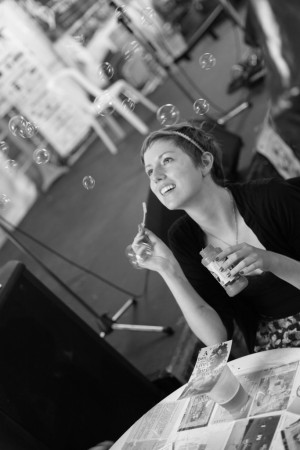The Diagnostic and Statistical Manual of Mental Disorders (DSM) is published by the American Psychiatric Association and contains the most authoritative definitions of mental illnesses. The current version – the DSM-IV – was released in 1994. Now, work is ongoing on a fifth edition.
To me, it seems like ‘mental illness’ often describes a situation in which a person manifests a normal part of psychology to an excessive extent. For instance, it is perfectly normal and probably even essential for people to feel things like guilt, shame, and anxiety. Any of these felt to an extreme extent, whether that means extremely strongly or weakly, could form the basis for a mental illness.
There is a danger, perhaps, in being too quick to say that someone is ill, when they simply manifest a normal tendency to an unusual degree. Doing so might make them feel stigmatize and lead to unnecessary medical interventions. It also risks making people feel less responsible for their choices and actins, since they can be ascribed to a medical condition rather than to the free expression of their will. At the same time, increased awareness of mental illness is probably an important thing for society to develop. My sense is that most people do not have a great understanding of the character of mental illnesses, and that society is generally poorly set up to assist people suffering from them.






